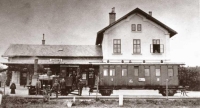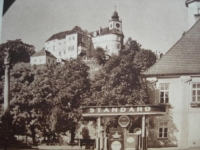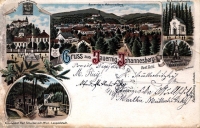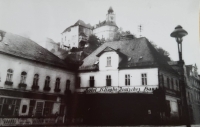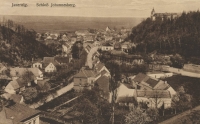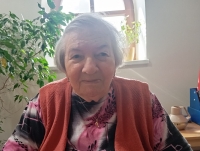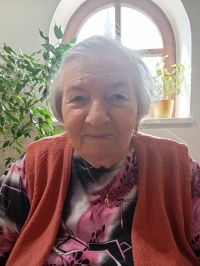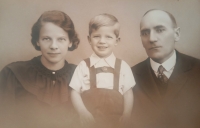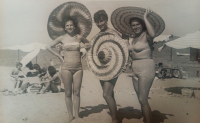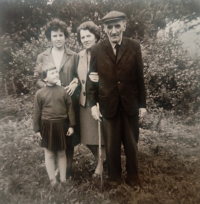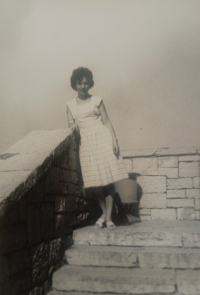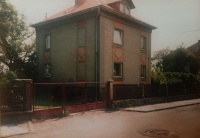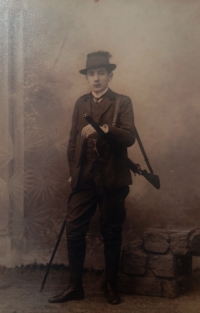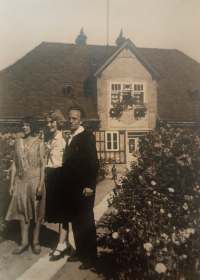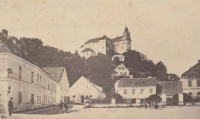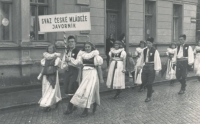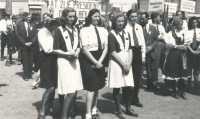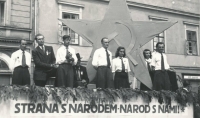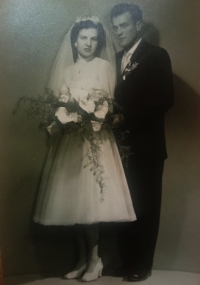I took a stroller with a doll with me when we were being displaced.
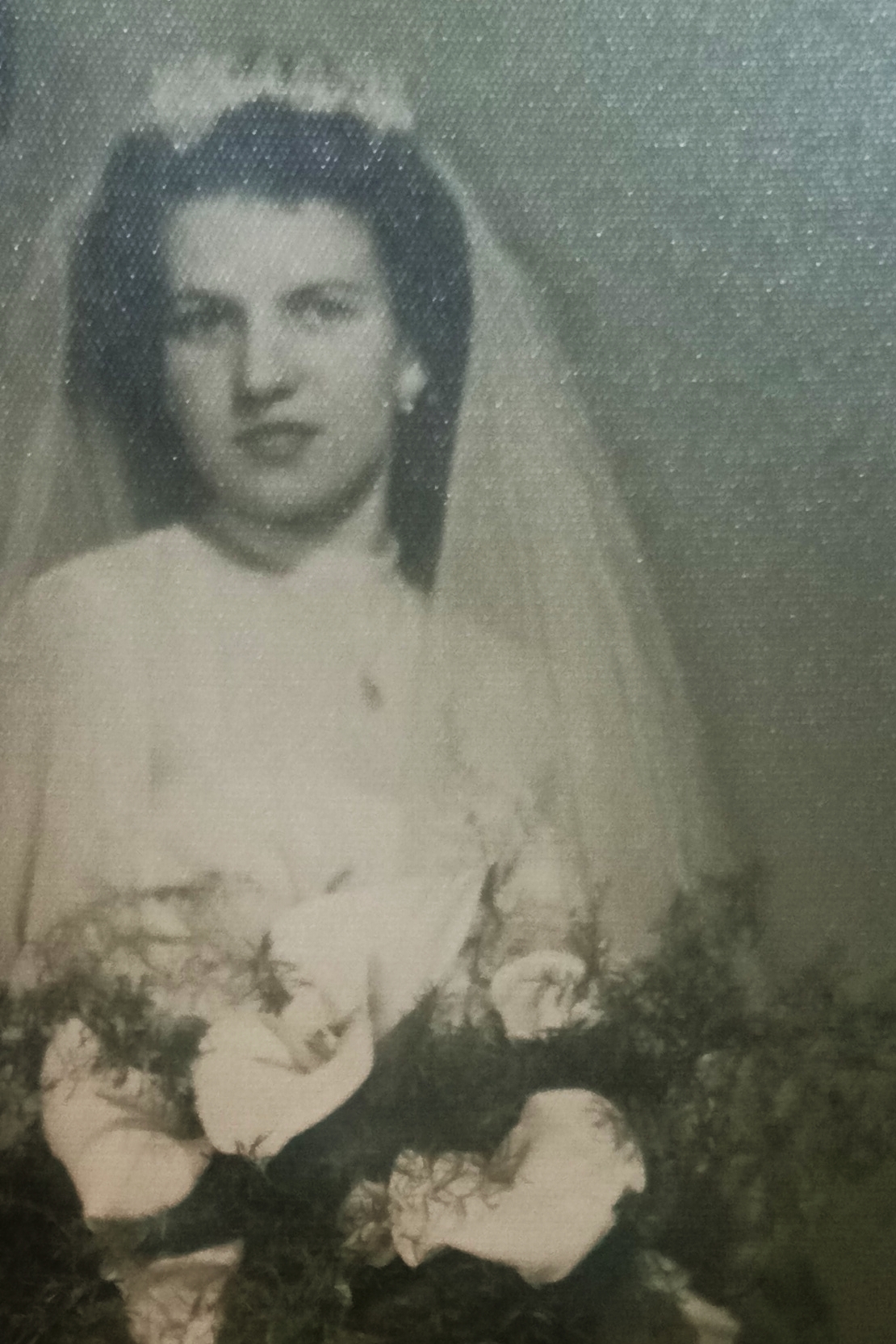
Download image
Helena Kubinová was born on July 4, 1937 in Javorník to Hilda Frey and Herman Jung - parents of German nationality. Her father enlisted as a soldier in the Austro-Hungarian army at the outbreak of the First World War. After a few days of intense fighting on the eastern front, he defected to Russian captivity. At first he worked in a prisoner of war company, later he was hospitalized for an intestinal ailment and soon after that he was used as an interpreter and scribe. Herman Jung joined the legions in 1918 and spent the next two years fighting against the Russian Bolsheviks. In 1920 he returned to his homeland on the Edelyn. During the second half of the 1930s he built a villa in Javorník, from where the family was expelled during the post-war reckoning by SNB member Hanzel, who took up residence in the house. The Jung family had to go to the collection camp in Muna - Mikulovice. Even before that, Helena Kubinová had witnessed the looting of the houses of her German classmates. They spent almost a year in Muna and in the end, only thanks to their father’s legionary past, they were not included in the removal. Helena initially struggled with a language handicap when she entered the Czech school, but later became valedictorian of her class when she was allowed to enroll at the Šumperk Business Academy. In the same year, however, her mother Hilda died, and since there was no one to care for her sick father, Helena Kubinová dropped out of school and began working at the age of sixteen. It was not until the 1960s that she first met much of her displaced family. After the Velvet Revolution, there was a partial financial compensation for the loss of their house, but it was never physically returned to them. At the time of the interview, Helena Kubinová was living in the retirement home in Javorník - the same place where she went to school as a child.
